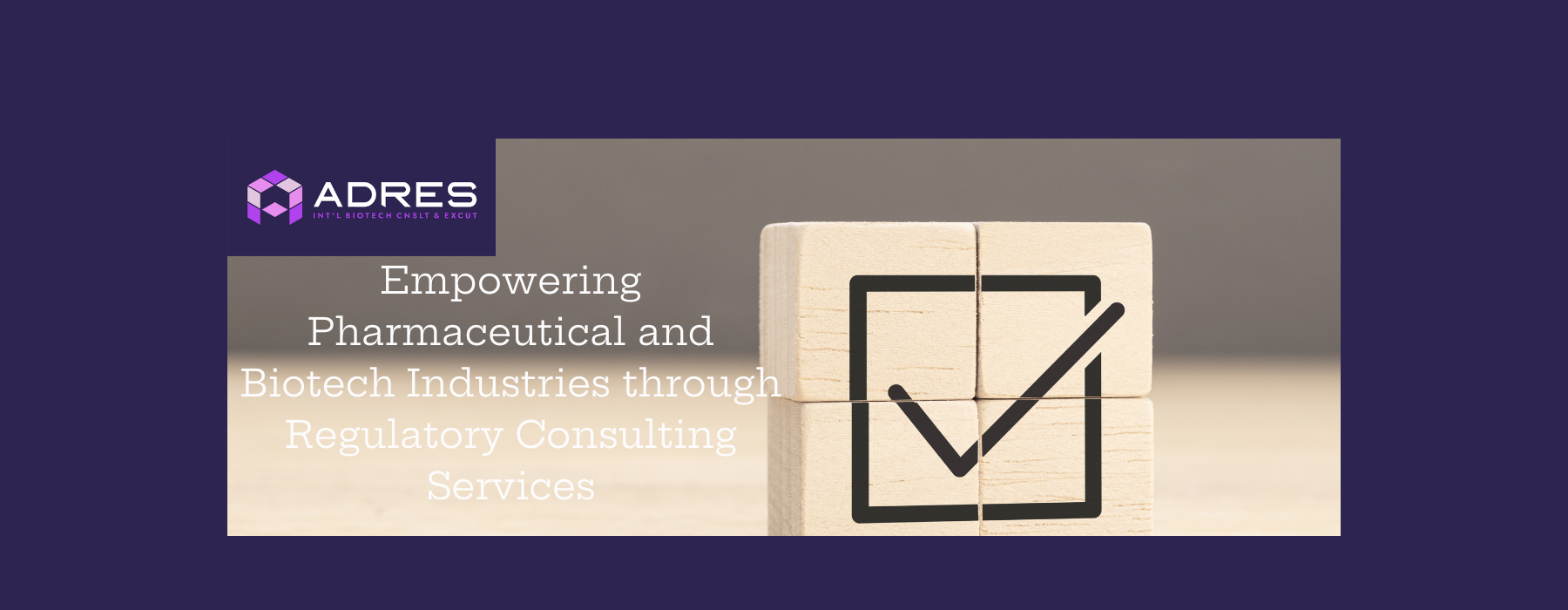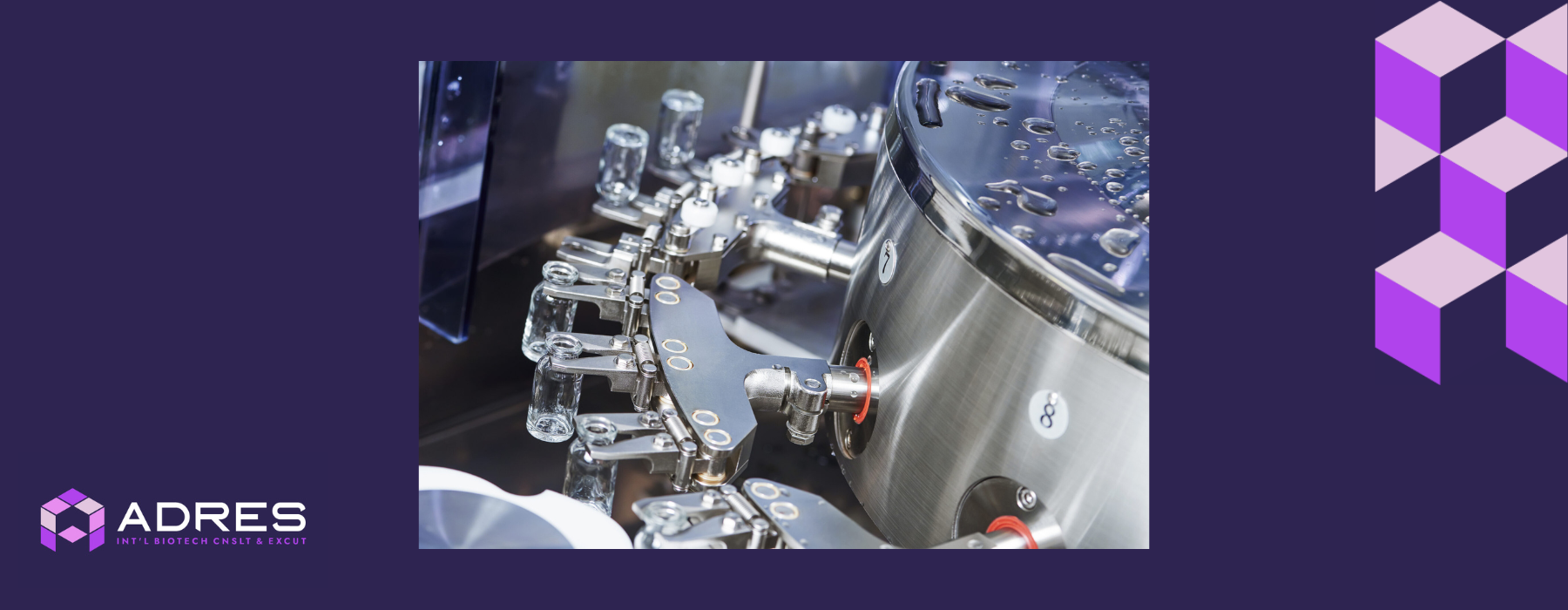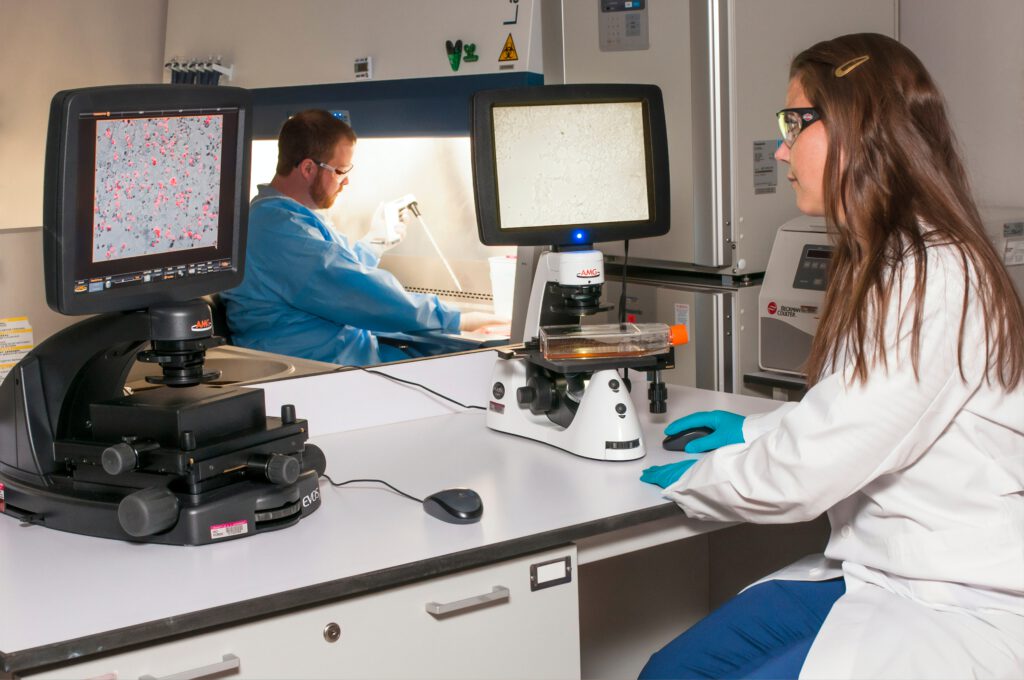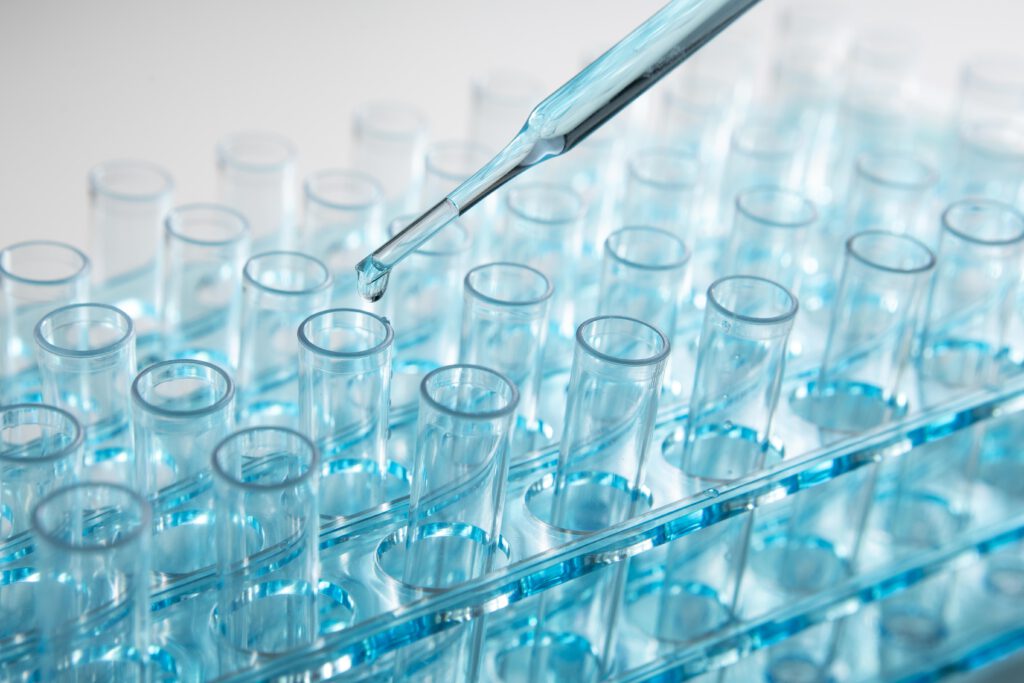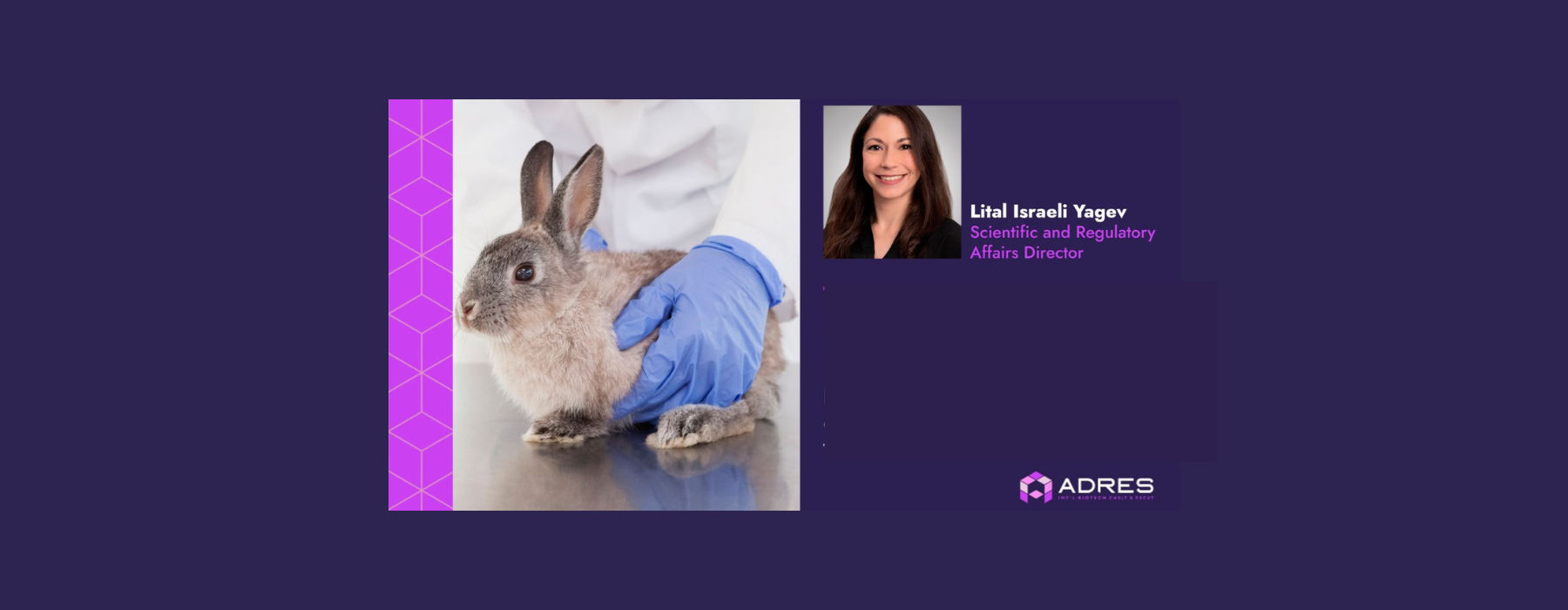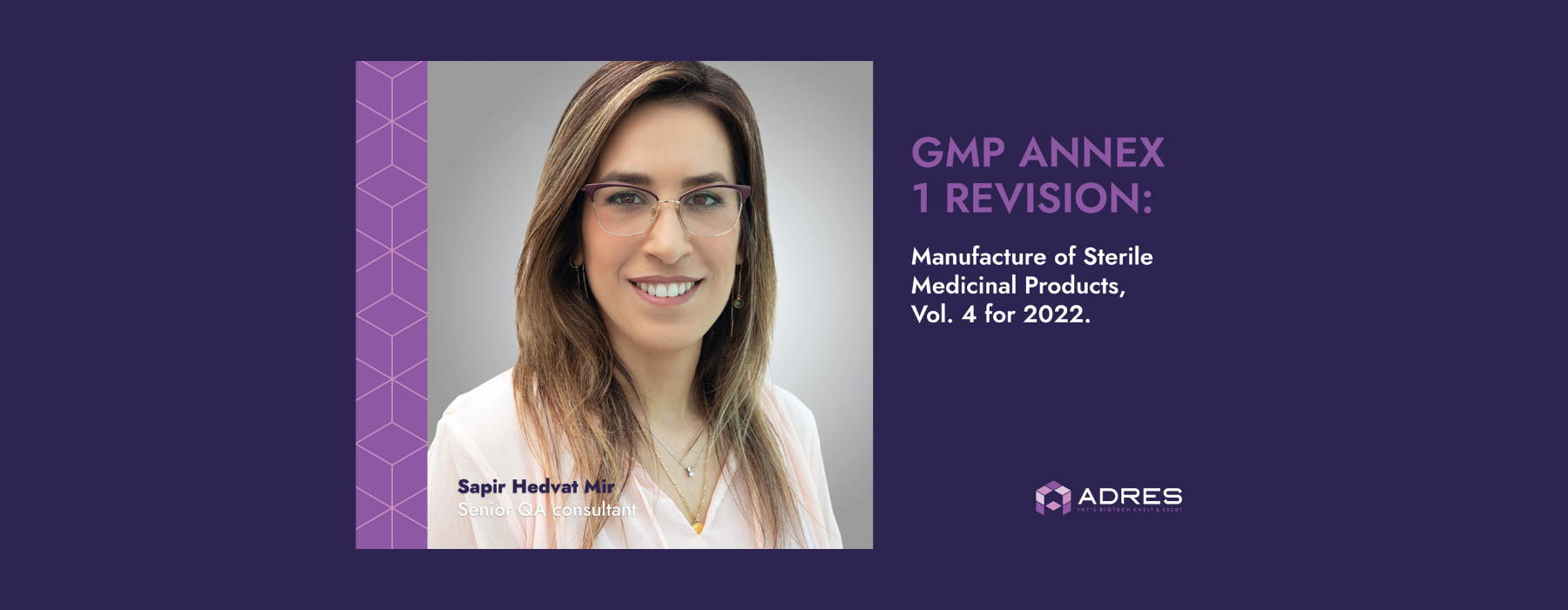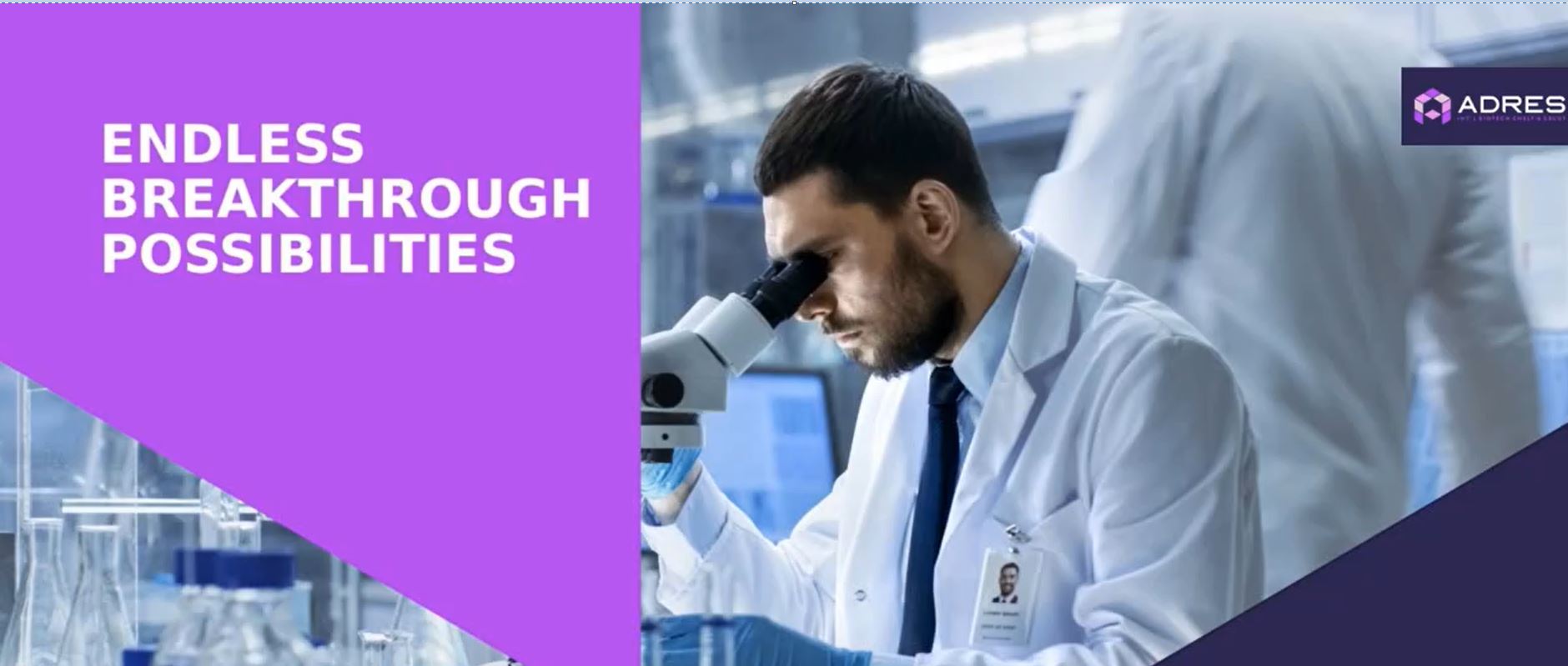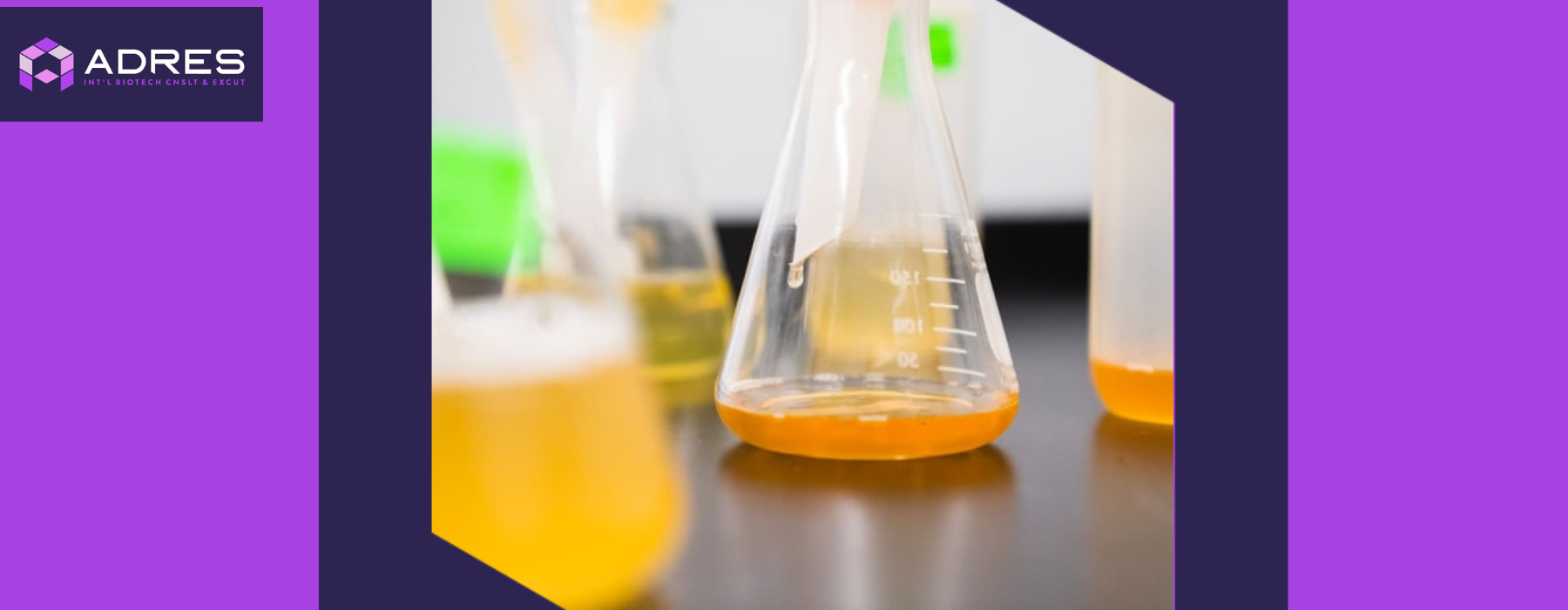Empowering Pharmaceutical and Biotech Industries through Regulatory Consulting Services
The pharmaceutical and biotech industries operate in a highly regulated environment, where compliance with stringent regulatory requirements is essential. To navigate this complex landscape successfully, companies often turn to Regulatory and development consulting services. ADRES, a reputable consulting firm, specializes in providing comprehensive solutions tailored to the unique needs of the pharmaceutical and biotech industry. With their expertise, ADRES empowers organizations to achieve regulatory compliance and drive innovation forward.
The Significance of Scientific and Regulatory Consulting Services:
Scientific and Regulatory consulting services have become indispensable for the pharmaceutical and biotech industries. These services encompass a wide range of expertise and support to assist companies in meeting the intricate regulatory requirements governing drug development, manufacturing, and distribution. ADRES recognizes the critical role of regulatory compliance in these sectors and offers specialized services to address the unique challenges faced by pharmaceutical and biotech companies.
Regulatory Affairs Consultants for the Pharma industry:
ADRES boasts a team of experienced pharma regulatory consultants who possess a deep understanding of the complex regulatory landscape. These experts assist organizations in navigating the regulatory pathways for drug approvals, providing guidance on compliance with regional and international regulatory standards. ADRES’ consultants stay updated with the latest regulations, ensuring clients receive accurate and timely advice to expedite the approval process while maintaining compliance.
Tailored regulatory solutions for biotech companies.
Biotech companies often face distinct regulatory challenges due to the innovative nature of their products. ADRES recognizes these challenges and provides Tailored regulatory solutions to biotech companies.These solutions encompass strategic advice on regulatory strategies for novel therapies, assistance in preparing regulatory submissions, and support in navigating regulatory hurdles unique to the biotech industry. By leveraging ADRES’ expertise, biotech companies can streamline their regulatory processes and accelerate time to market.
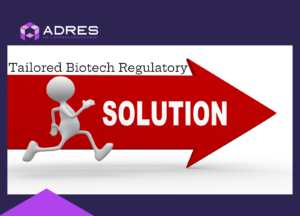
Compliance Audits and Remediation:
ADRES offers comprehensive compliance audits to evaluate the regulatory status of pharmaceutical and biotech companies. Through meticulous assessments, ADRES identifies potential compliance gaps and recommends remediation strategies. This proactive approach helps organizations address deficiencies before regulatory inspections, minimizing the risk of penalties and disruptions to operations.
Global Regulatory Strategy:
Navigating global regulatory requirements can be challenging for pharmaceutical and biotech companies with an international presence. ADRES assists clients in developing robust global regulatory strategies, taking into account regional variations, harmonization initiatives, and market access considerations. This ensures that organizations can streamline their regulatory processes across multiple jurisdictions, minimizing complexity and maximizing market opportunities.
Regulatory compliance is paramount for success in the pharmaceutical and biotech industries. ADRES, a leading regulatory consulting firm, offers tailored solutions to empower organizations in meeting regulatory requirements and driving innovation. With a team of expert pharma regulatory consultants and a focus on specialized biotech regulatory solutions, ADRES enables companies to navigate the complex landscape effectively. Through services such as compliance audits, global regulatory strategies, and remediation support, ADRES ensures that pharmaceutical and biotech companies can focus on their core objectives while maintaining compliance and achieving regulatory success.
If you have any questions or need further assistance, please feel free to reach out to us at https://adres.bio/contact-us.
Join our YouTube channel, where you can find our original videos, with relevant information.
